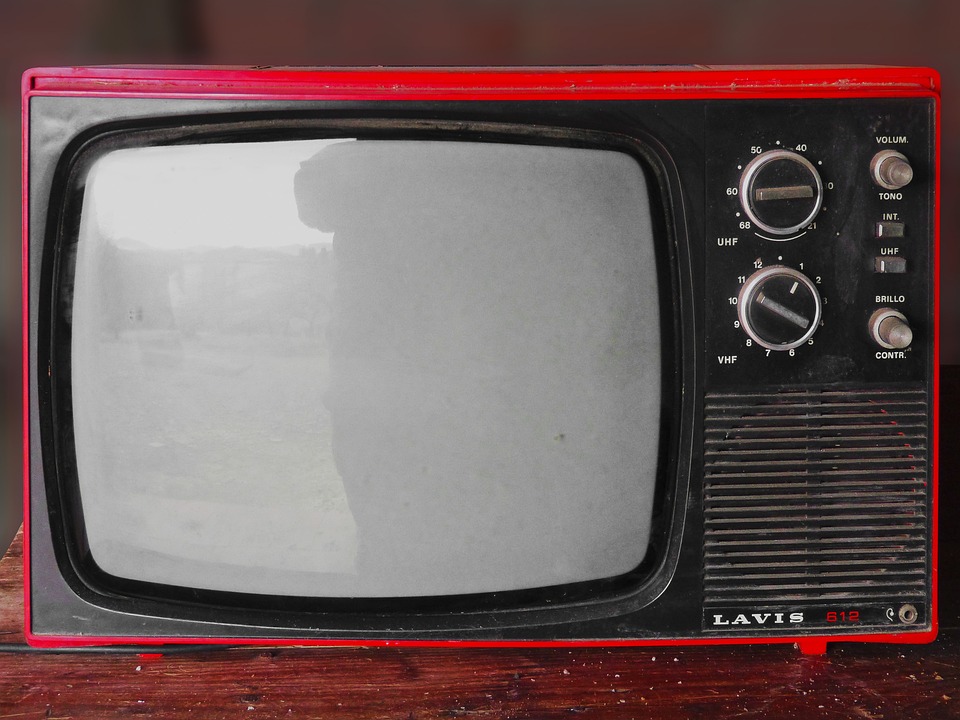Television has long been a cornerstone of popular culture, acting as both a mirror and a molder of societal values, trends, and collective consciousness. The role of TV shows in pop culture cannot be overstated; they influence fashion, language, social issues, and even the collective moral compass of society. From sitcoms in the 1950s to reality shows in the 2000s, TV programs have evolved significantly, yet their influence remains as potent as ever.
The Early Days: Setting the Stage for Influence
In the early days of television, shows like “I Love Lucy” and “Leave It to Beaver” painted an idyllic picture of American life, cementing cultural stereotypes and societal expectations. These shows often depicted an idealized version of the nuclear family, with clear-cut roles and responsibilities for each member. While this may seem outdated today, these early shows laid the groundwork for TV’s role as a cultural influencer.
Lucille Ball’s comedic timing in “I Love Lucy” not only revolutionized sitcoms but also broke new ground for women in entertainment. She proved that a woman could be the comedic lead and carry a show to immense popularity. Similarly, these early programs often served as a reflection of societal norms and aspirations, subtly educating the masses on what was considered “normal” or “desirable.”
The Evolution: Tackling Real-Life Issues
As society evolved, so did the content on television. Shows like “All in the Family” and “The Mary Tyler Moore Show” in the 1970s began to tackle real-life issues such as racism, gender equality, and class disparity. “All in the Family,” airing from 1971 to 1979, was particularly groundbreaking. It featured Archie Bunker, a character whose controversial views on various social issues sparked conversations across America.
This shift marked a significant change in how TV shows could influence popular culture. They were no longer just escapist fare but became platforms for discussing, challenging, and even shaping public opinion on critical issues. TV was no longer merely a form of entertainment; it was an agent of change.
The 1980s and 1990s: Diversification and Sitcoms
The 1980s and 1990s saw an explosion of diversity in TV programming. From “The Cosby Show,” which presented a successful African American family, to “Friends,” which became a cultural phenomenon, capturing the lives of six friends navigating through adulthood in New York City, television began to represent a wider array of experiences and backgrounds.
“The Simpsons,” which premiered in 1989 and is still running, challenged the format of the traditional family sitcom, using satire and irony to address serious issues under the guise of animated comedy. This period also saw the rise of the anti-hero with shows like “Twin Peaks” and “The X-Files,” which broadened the scope of what television could be, introducing darker themes and complex character studies.
The Reality TV Boom: Changing the Game
The early 2000s brought a new genre that would become integral to TV’s influence on pop culture: reality television. Shows like “Survivor,” “Big Brother,” and “The Real World” redefined television content. Reality TV offered an unscripted look at people’s lives, often blurring the lines between reality and entertainment.
“The Kardashians” and “The Real Housewives” franchises encapsulated modern celebrity culture, transforming ordinary people into household names and influential figures. These shows often set trends in fashion, language, and social behaviors, further blurring the lines between life and its televised representation. Reality TV’s impact is so pervasive that it has redefined what it means to be famous, giving rise to an era where social media influencers often rival traditional celebrities in cultural influence.
Streaming and the Golden Age of Television
With the advent of streaming services like Netflix, Amazon Prime, and Hulu, television has entered what many call the “Golden Age of Television.” Shows like “Breaking Bad,” “Stranger Things,” and “The Crown” have provided high-quality content that rivals cinematic productions. These platforms have not only changed how we consume television but also what kind of content gets produced.
Binge-watching has become a cultural phenomenon, altering viewing habits and creating communal viewing experiences. Entire seasons released at once allow for deeper storytelling arcs and complex character development. This format has led to more intricate narratives that reflect and influence societal trends and issues.
Moreover, streaming platforms have democratized content consumption, making international shows more accessible. Productions from around the globe, such as “Money Heist” from Spain and “Dark” from Germany, have gained international acclaim and influence, contributing to a more globally interconnected pop culture.
Cultural Impact: Beyond Entertainment
The influence of TV shows extends far beyond entertainment. For instance, “Game of Thrones” became a cultural juggernaut, influencing fashion, languages like Dothraki and Valyrian, and even tourism in filming locations like Croatia and Northern Ireland. Similarly, “Star Trek,” which started in the 1960s, has had a lasting impact on technology and science. It inspired innovations such as cell phones and medical scanners and promoted progressive ideas about race, gender, and international cooperation.
More recently, shows like “Black Mirror” have offered cautionary tales about the future of technology, sparking debates about ethics and privacy. These shows don’t just entertain; they provoke thought, inspire innovation, and sometimes even drive social change.
Conclusion: An Ever-Evolving Influence
Television’s role in pop culture is both dynamic and enduring. From setting societal norms in the 1950s to challenging them in the 1970s, from diversifying representation in the 1980s and 1990s to revolutionizing celebrity culture and storytelling in the new millennium, TV shows have continuously shaped and been shaped by the world they portray.
As we look forward, the impact of television on popular culture is bound to continue evolving. With new technologies and platforms altering how content is produced and consumed, TV shows will undoubtedly continue to leave an indelible mark on society, reflecting its complexities while also shaping its future. Therefore, understanding the role of TV shows in pop culture is not merely an exercise in entertainment critique but a way to understand the broader societal framework within which we all live.


